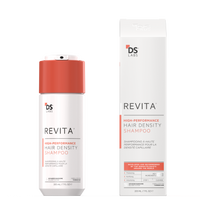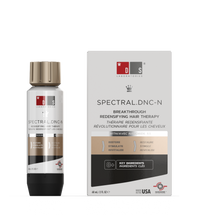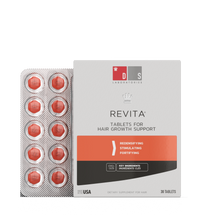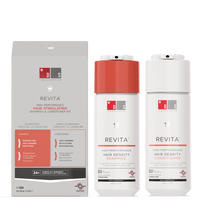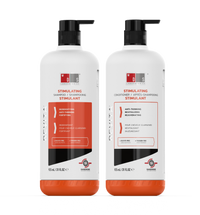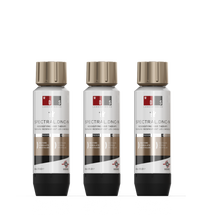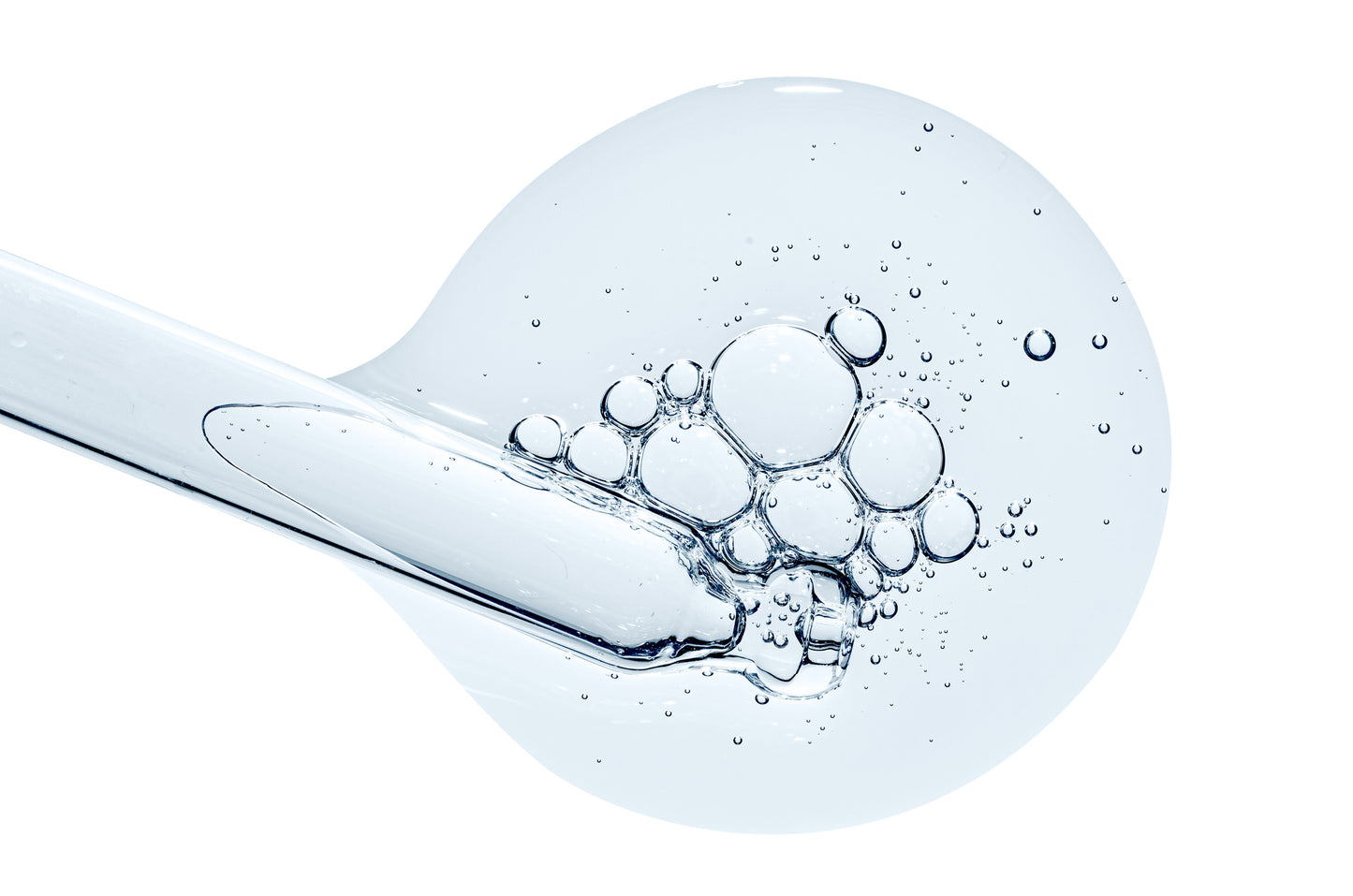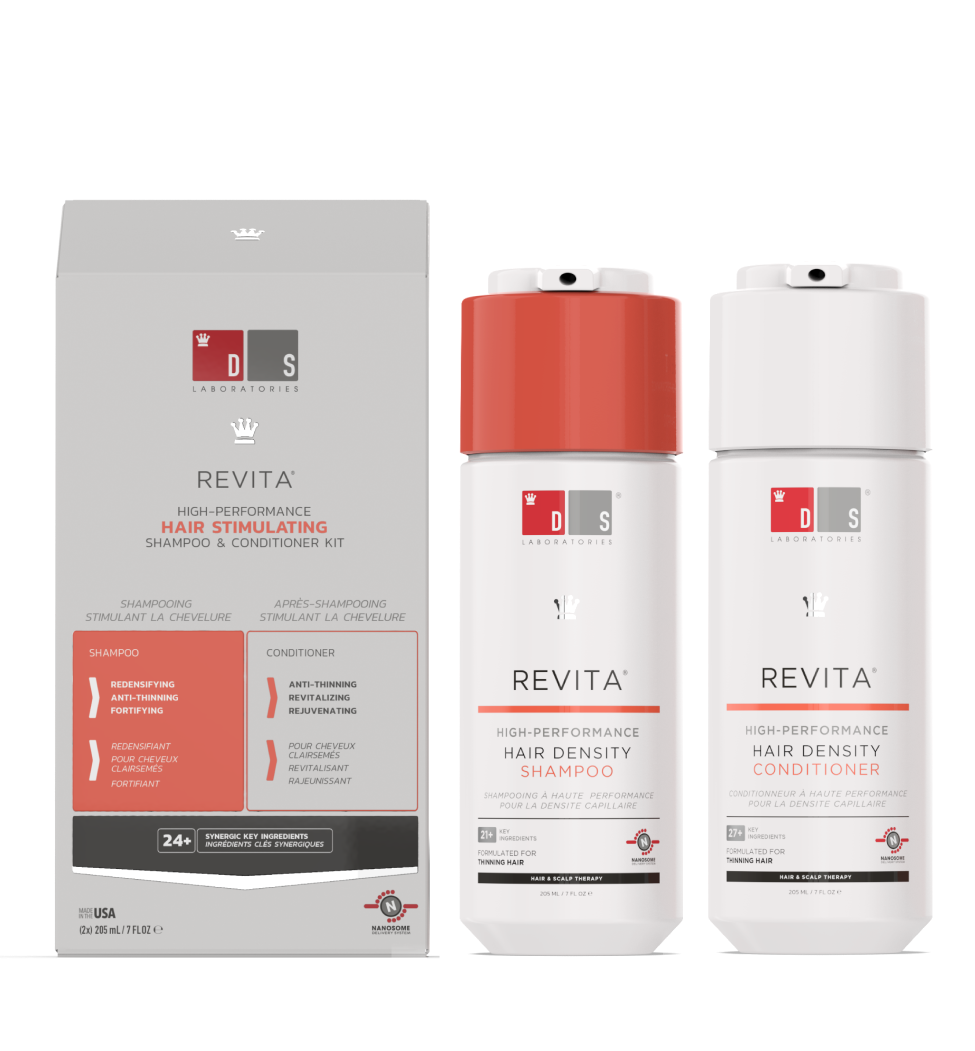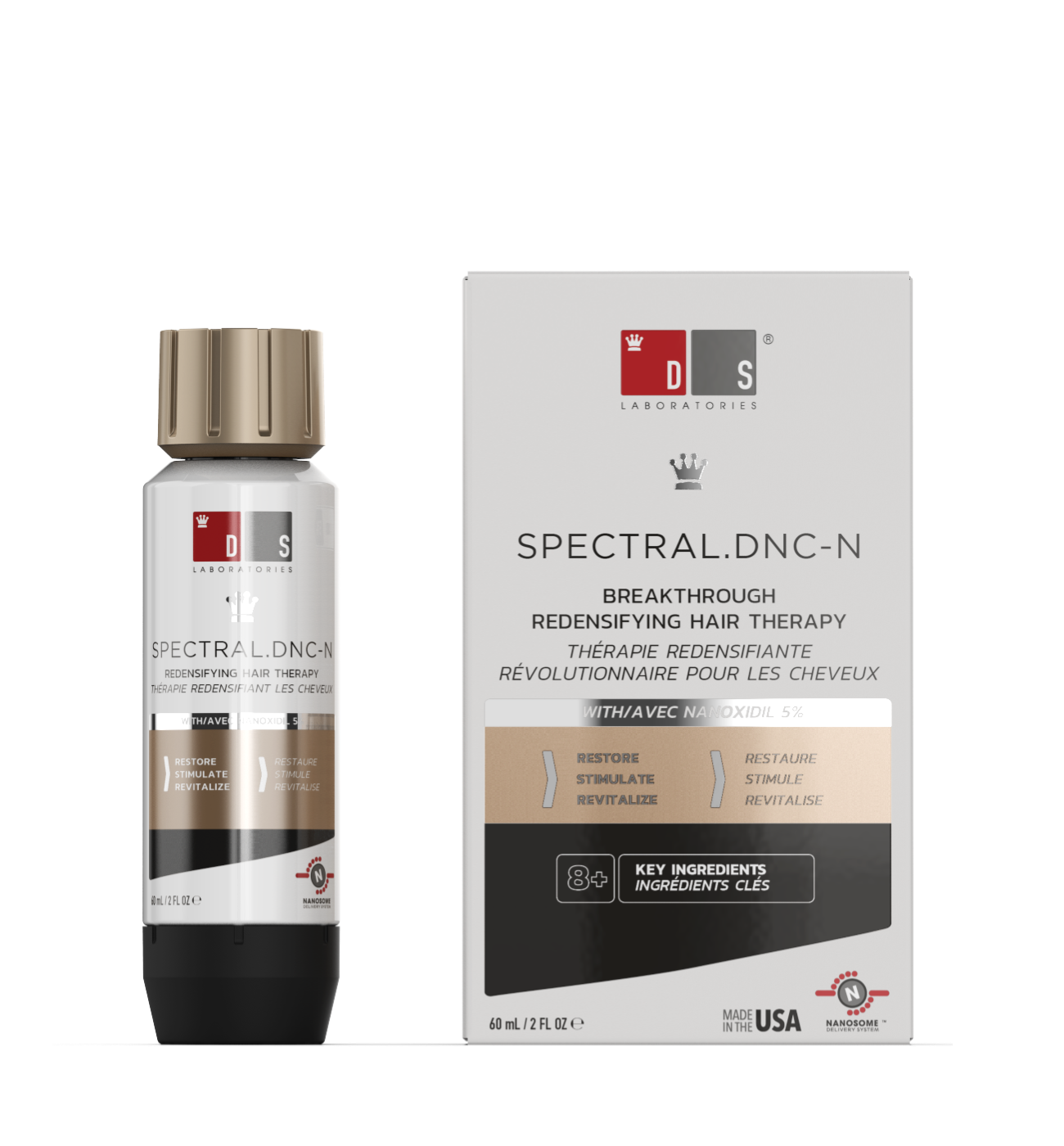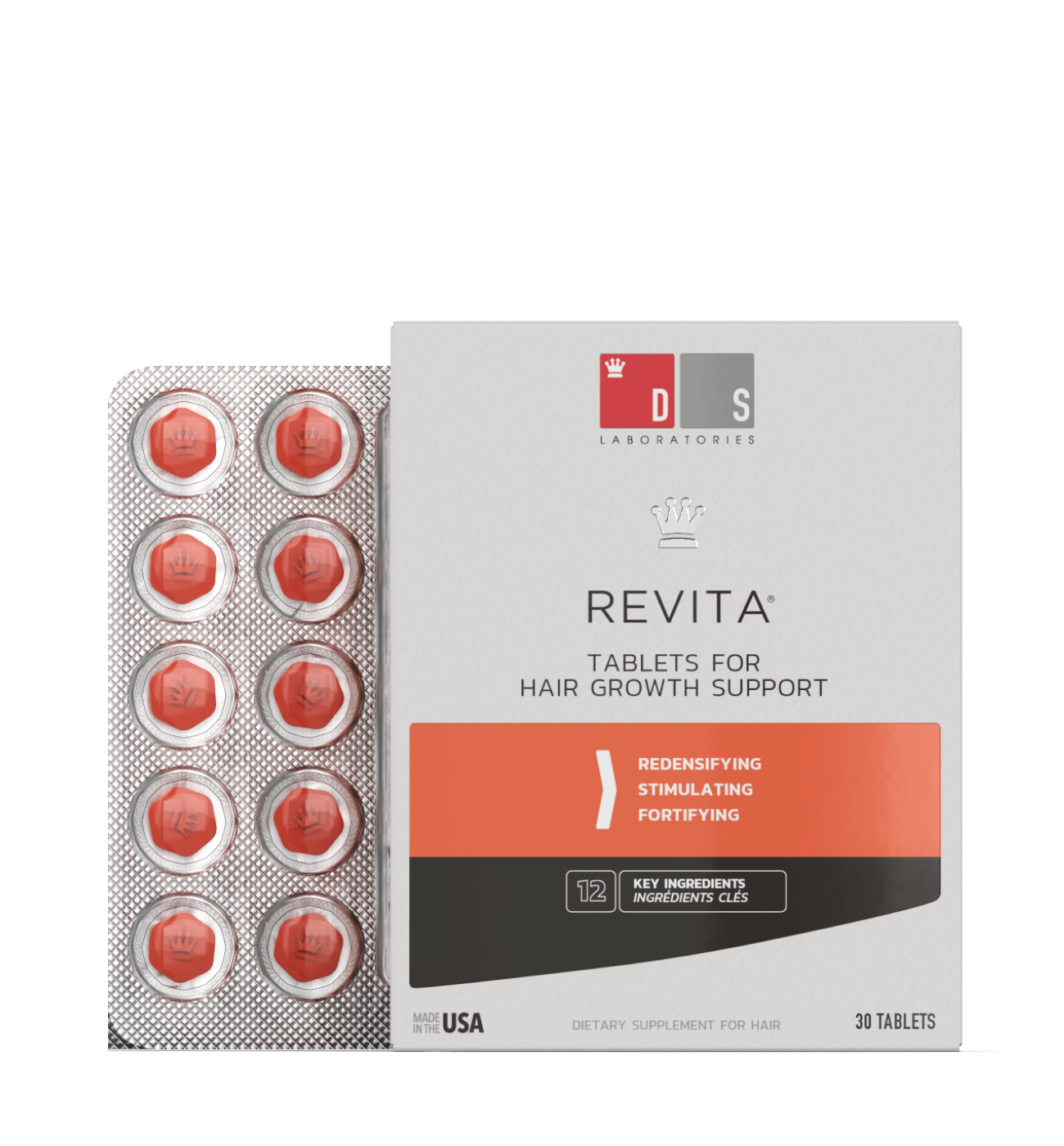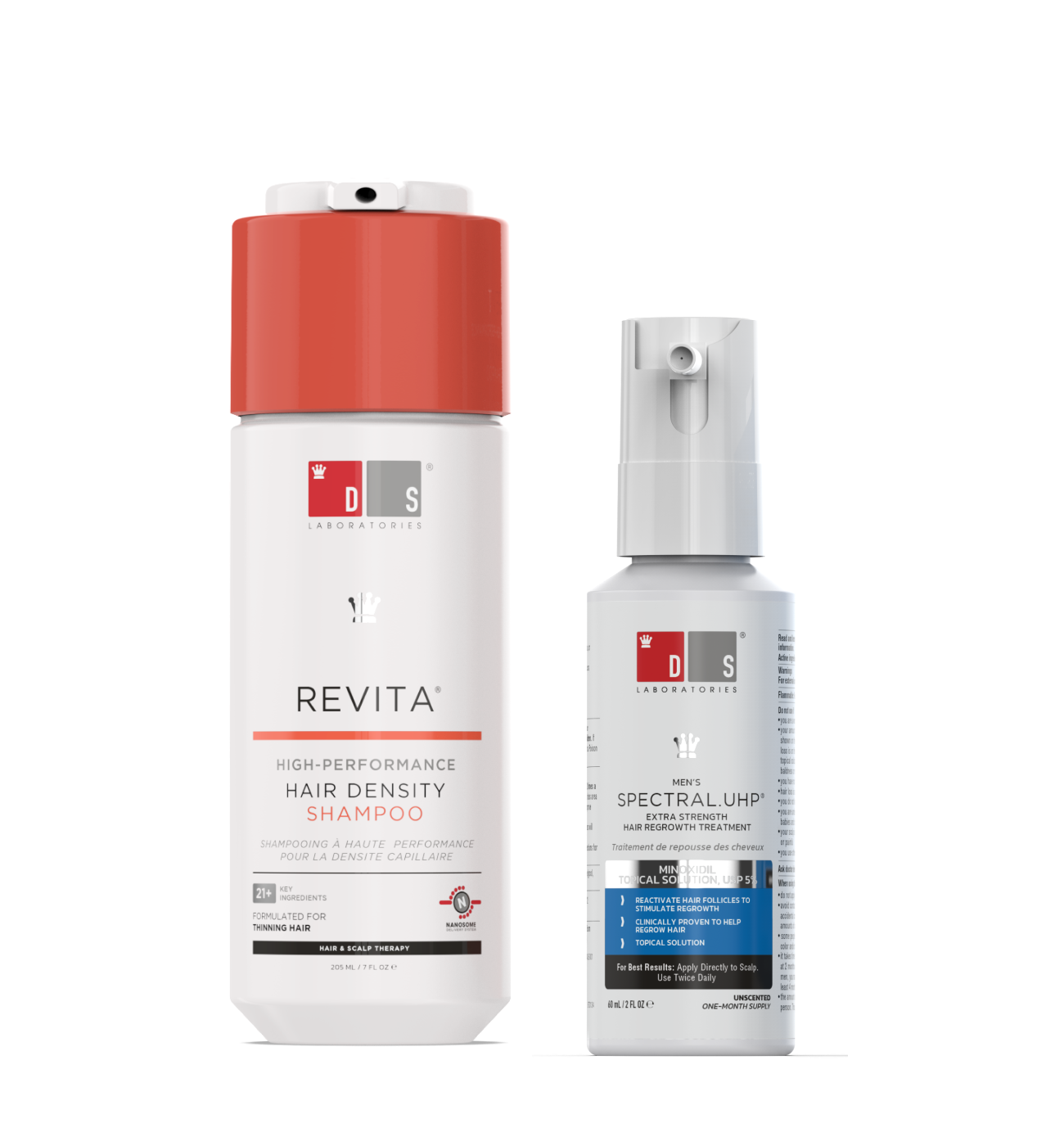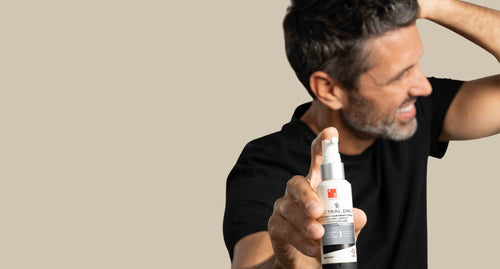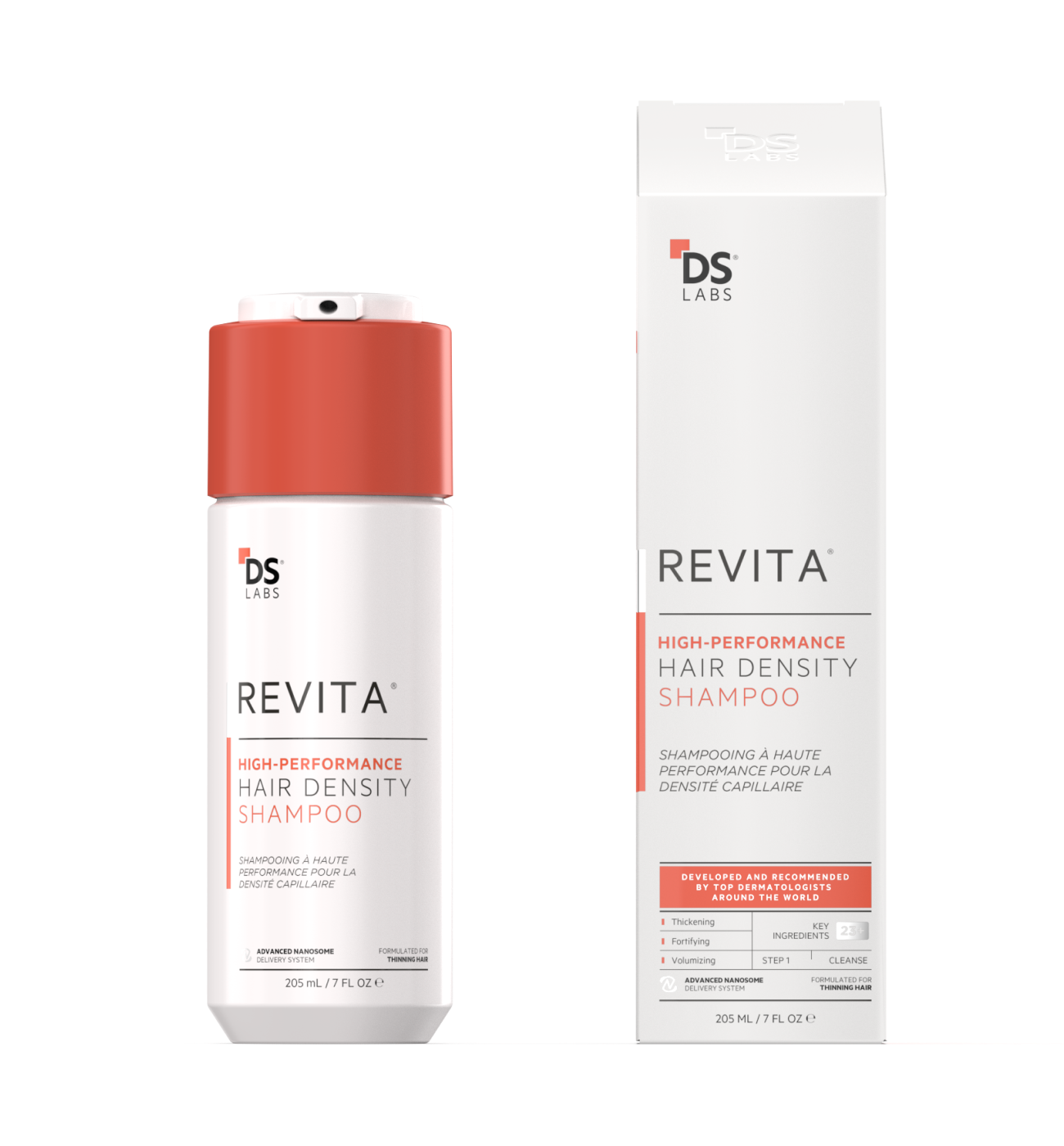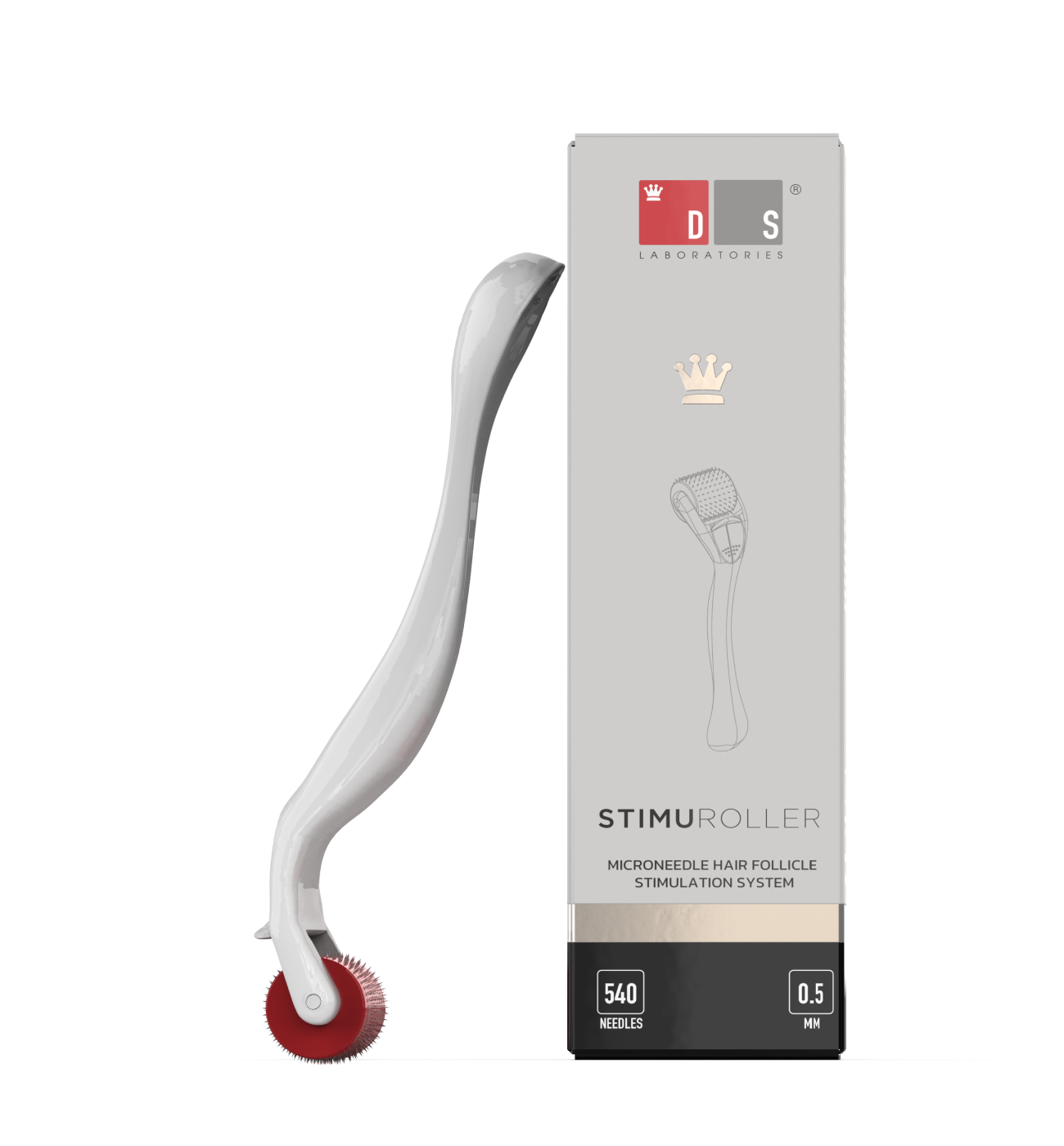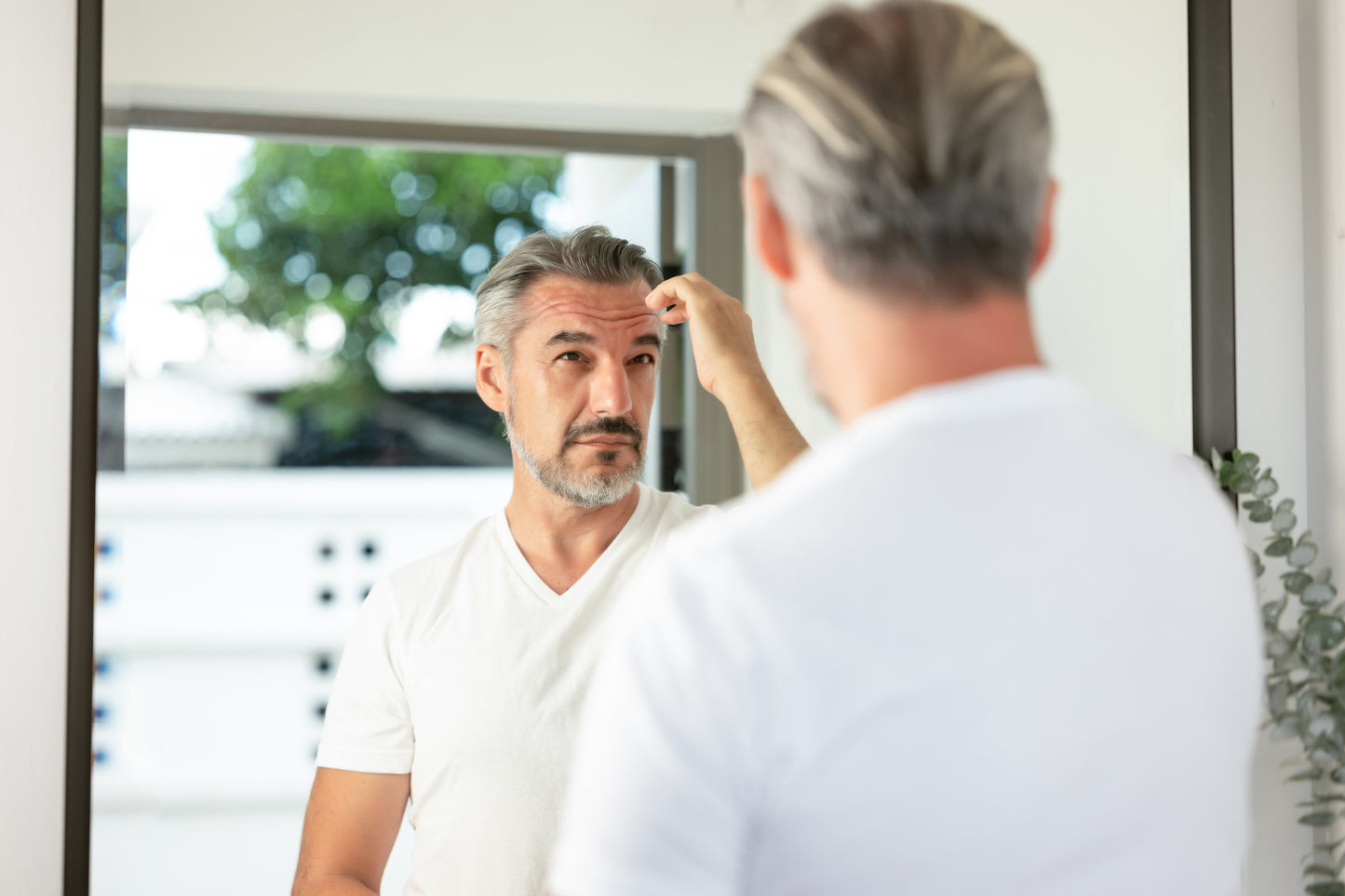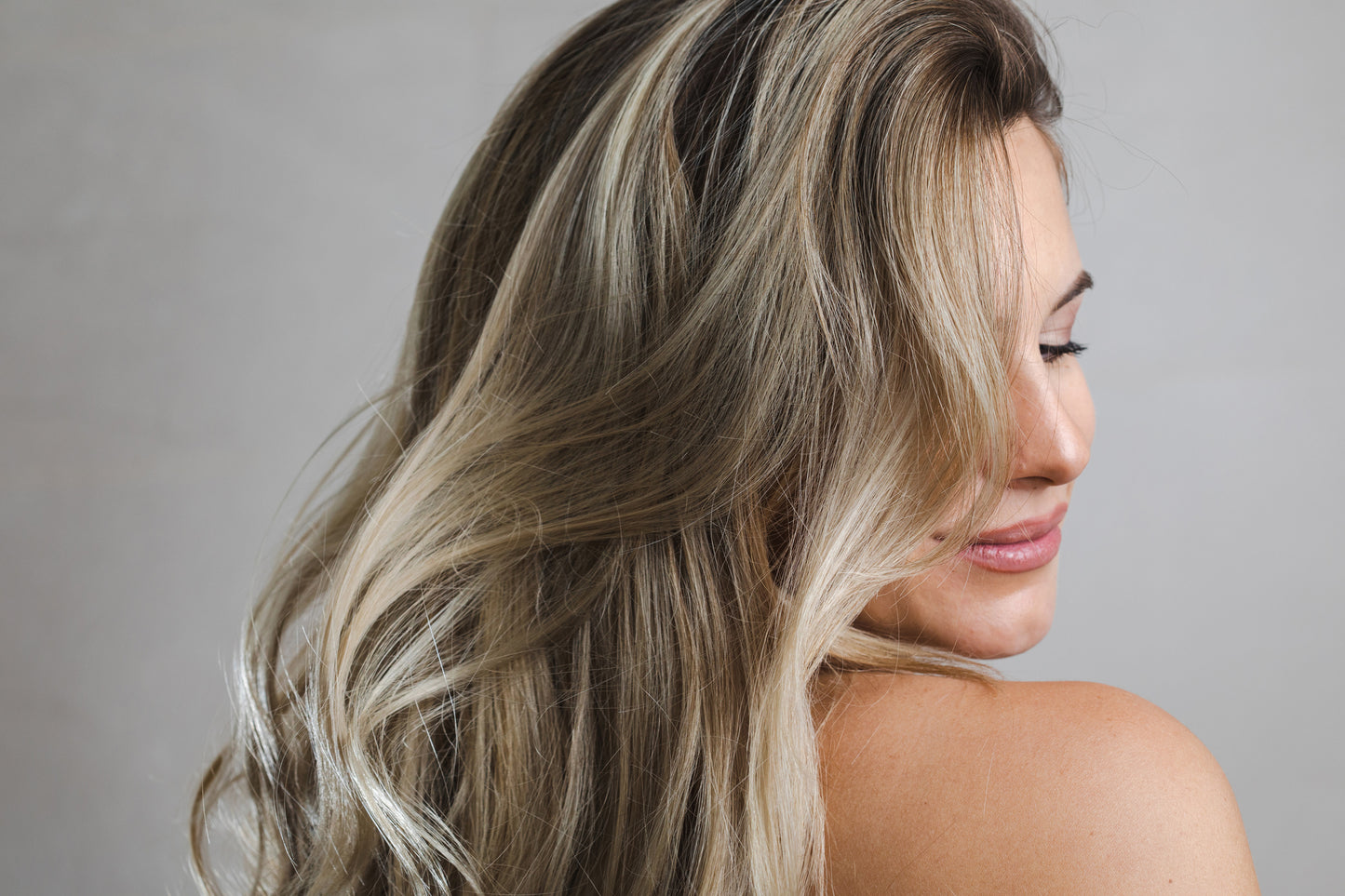Retinol, a derivative of vitamin A, has gained popularity in the skincare industry for its remarkable benefits in reducing wrinkles, fine lines, and improving overall skin texture. However, the potential effects of retinol on hair health have also become a subject of interest. This article explores the features, benefits, and relevant clinical studies concerning the use of retinol on hair.
Features of Retinol
Promotes Scalp Health: Retinol possesses anti-inflammatory properties that help maintain a healthy scalp. By reducing inflammation, it aids in the prevention of common scalp conditions, such as dandruff, psoriasis, and seborrheic dermatitis.
Stimulates Hair Follicles: Retinol has the potential to stimulate hair follicles, thereby promoting hair growth. It is believed to increase blood flow to the scalp and encourage the production of keratinocytes, which are essential for hair growth and strength.
Reduces Hair Loss: Retinol is thought to play a role in reducing hair loss by strengthening the hair shaft and minimizing breakage. By enhancing the overall health and integrity of the hair, it may contribute to a reduction in hair shedding.
Benefits of Retinol for Hair
Increased Hair Thickness: Clinical studies have suggested that the use of retinol can enhance hair thickness. In a study conducted by Kafi et al. (2007) [1], participants who applied a topical retinol solution for 24 weeks experienced a significant increase in hair diameter.
Improved Hair Strength: Retinol can improve hair strength by promoting the production of collagen, a crucial protein responsible for hair structure. Research by Kang et al. (2015) [2] demonstrated that retinol application on hair samples led to increased collagen synthesis, resulting in stronger and more resilient hair strands.
Enhanced Hair Growth: Several clinical studies have explored the effects of retinol on hair growth. In a study published by Rossi et al. (2013) [3], participants who applied a retinol-based solution experienced a significant increase in hair density after 90 days. This suggests that retinol may have a positive impact on hair growth.
Improved Scalp Condition: Retinol's anti-inflammatory properties can contribute to a healthier scalp by reducing itching, flaking, and redness. It may also help regulate sebum production, preventing excessive oiliness or dryness.
Clinical Studies on Retinol and Hair
Kafi et al. (2007) conducted a double-blind, placebo-controlled study involving 100 women with photodamaged facial skin. Participants who applied a 0.1% retinol solution for 24 weeks experienced a significant increase in hair thickness compared to the placebo group [1].
Kang et al. (2015) conducted an in vitro study using human hair follicle dermal papilla cells. They found that retinol treatment increased collagen synthesis, suggesting its potential role in strengthening hair strands [2].
Rossi et al. (2013) conducted a study involving 60 participants with androgenetic alopecia. Participants who used a topical solution containing 0.025% retinol for 90 days showed a significant increase in hair density compared to the control group [3].
Conclusion
Retinol, known for its remarkable effects on skin, has shown promising potential in improving hair health as well. Its ability to promote scalp health, stimulate hair follicles, reduce hair loss, and enhance hair growth makes it an intriguing ingredient for hair care products. Although further research is warranted to validate its long-term effects and optimal usage
Ready to try the effects of RETINOL? You can find this powerful ingredient in our Spectral.DNC-N formulated hair serum for hair density.

